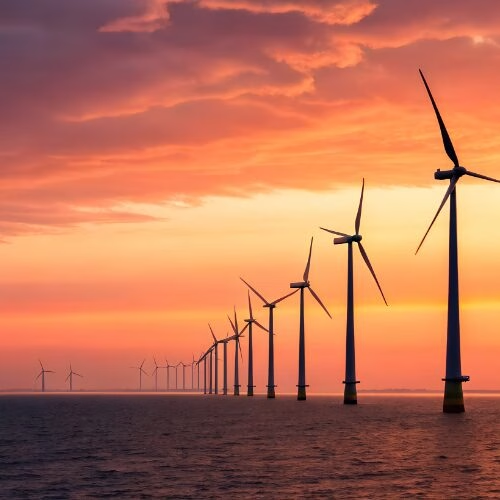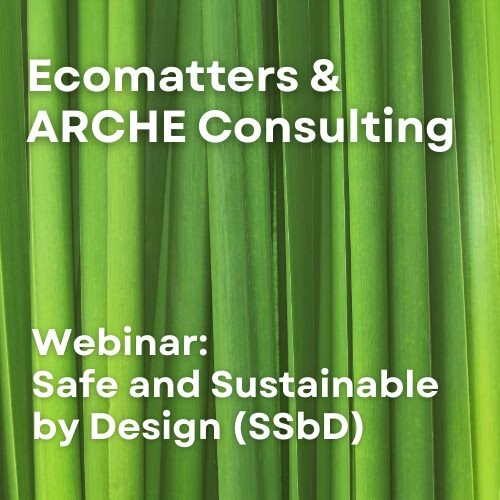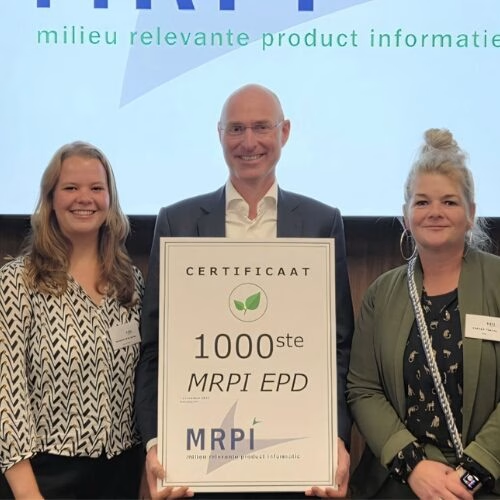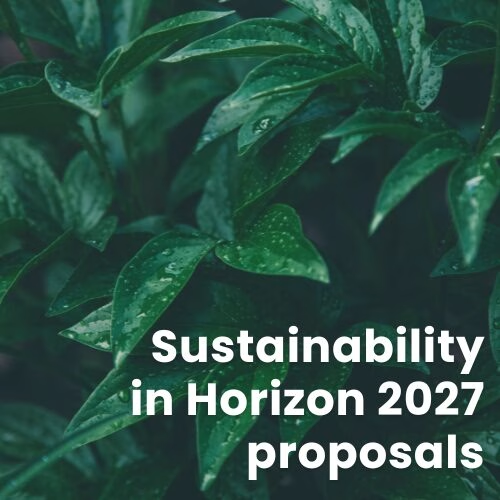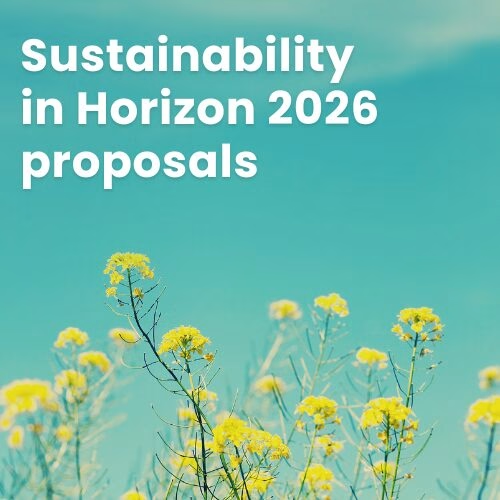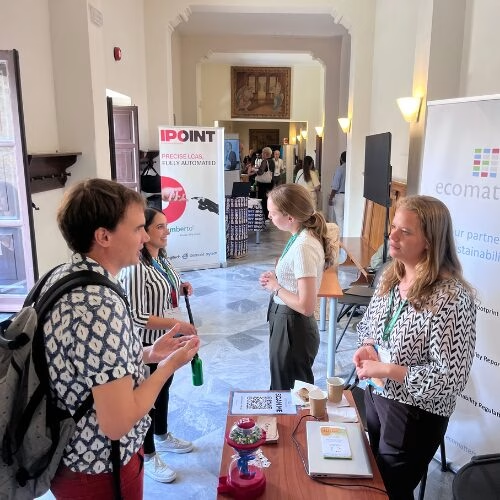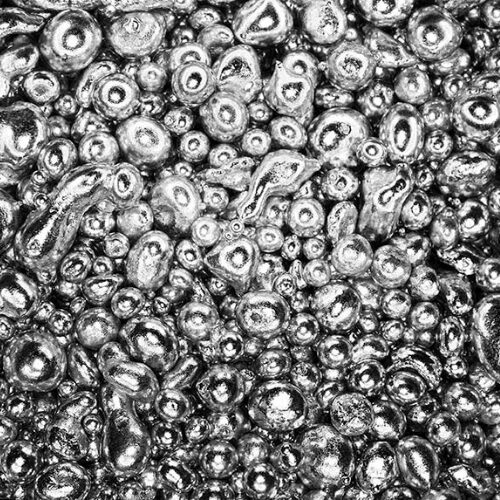Back in 2016, the Dutch cabinet published a circularity program ‘Nederland Circulair in 2050’, in which a vision and ambition are shaped to achieve a circular economy by 2050 in the Netherlands. To reach this goal, there also needs to be a drastic change in the way we deal with plastics. Our mostly linear system not only results in excessive use of finite fossil resources, but it also adds to plastic pollution and climate change due to incineration and landfill emissions. Obviously, to be circular, we need to move to a circular plastic system.
In this article, we dive deeper into the ‘Transition Agenda Plastics’ (Dutch: Transitieagenda Kunststoffen), published to serve as a blueprint for the transition to a circular plastic system. To get a clear picture of the current situation, the plastic system in the years 2015/2016 was analysed. From this ‘baseline’, targets were set for 2030.
It starts with a baseline
In 2015/2016, the total annual amount of consumed plastic in the Netherlands was 2.000 kilo tonne (kt), of which:
- 20 kt is biobased,
- 700 kt is virgin fossil-based,
- 250-300 kt is recycled.
From the 2.000 kt of annually consumed plastic, 1700 kt is discarded and the largest share of these discarded plastics is still incinerated. This shows that there is huge potential for improvement.
Ambitions for 2030
By 2030, the Netherlands should have:
- reduced incineration with -44% (from 1.313 kt to 740 kt);
- reduced share of virgin fossil plastics with -36% (from 1.700 kt to 1090 kt). This requires large investments to ramp up mechanical recycling capacity (from 250 kt to 750 kt), chemical recycling capacity (from 0 kt to 250 kt), and production of biobased plastics (from 20 kt to 370 kt).
The circular plastic system in 2050
In 2050 the Dutch plastic chain should be 100% circular. By then, plastics should have low environmental footprints, high quality, and should be produced from recycled or biobased materials.
A role for biobased and biodegradable plastics
As described above, the production of biobased plastics should increase more than tenfold. Fortunately, the market for biobased plastics is rapidly growing. Yet, care should be taken when conventional plastics are replaced by their biobased counterparts. Introducing biobased plastics without the right waste treatment schemes and communication could worsen environmental problems. A common mistake is that all biobased plastics are also assumed to be biodegradable. Composting facilities already experience problems because non-biodegradable plastics are sometimes discarded as bio-waste. Also, biodegradable plastics are not necessarily a solution for littering because most types only degrade under the right conditions which are not found in the natural environment.
Changing regulations for the circular plastic system
To facilitate the transition to a circular plastic system, regulations need to change accordingly. As experts in plastic regulation, Ecomatters is up to date on the latest developments. Read our other articles about regulatory changes related to plastic applications to learn more about this subject. And don’t hesitate to contact us if you need support regarding the regulations of your product or service.


